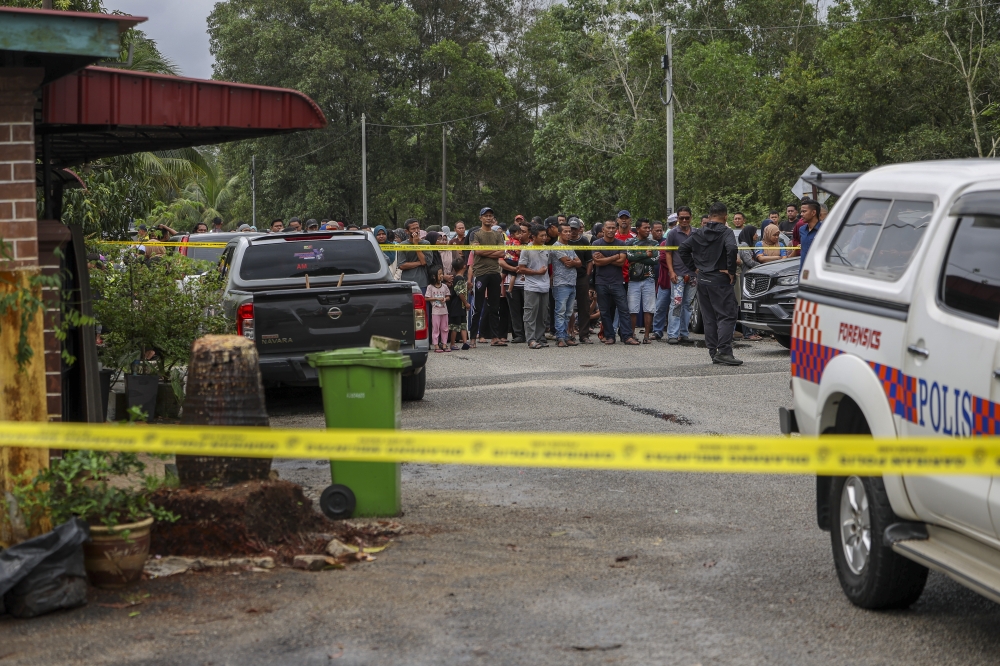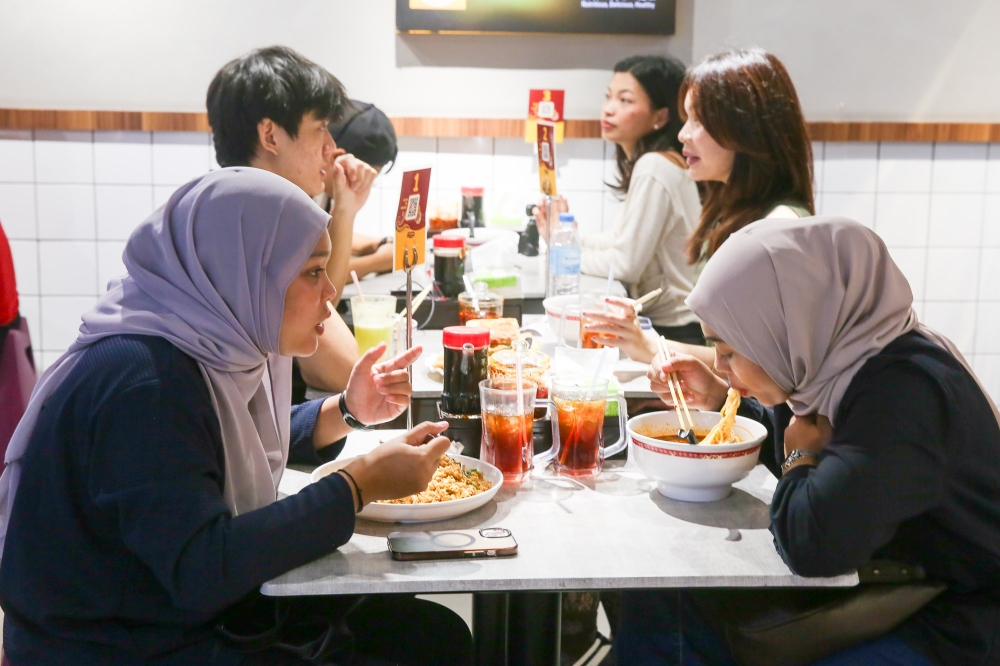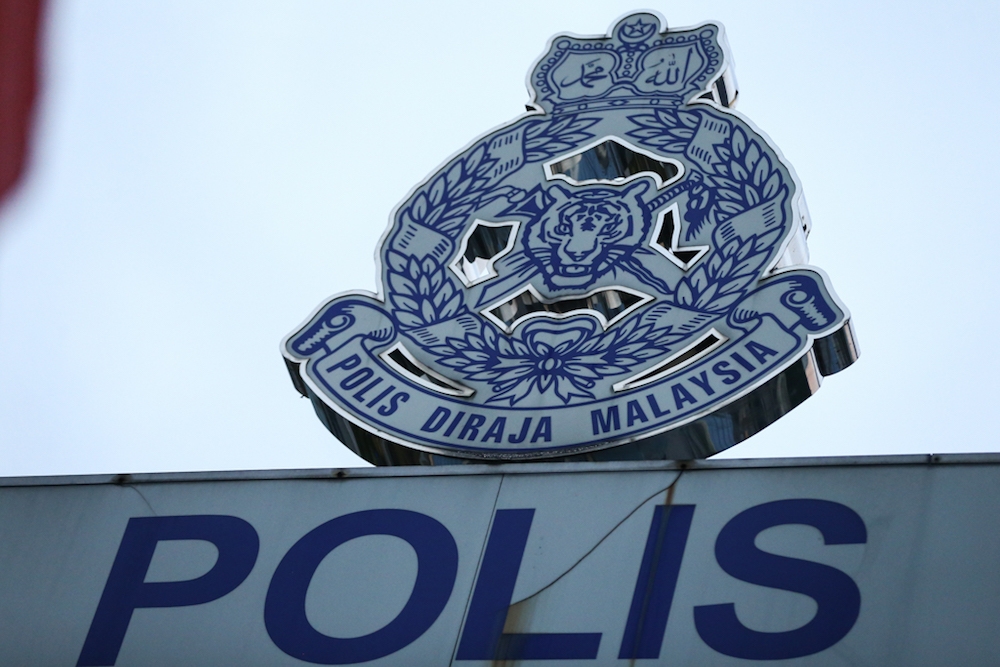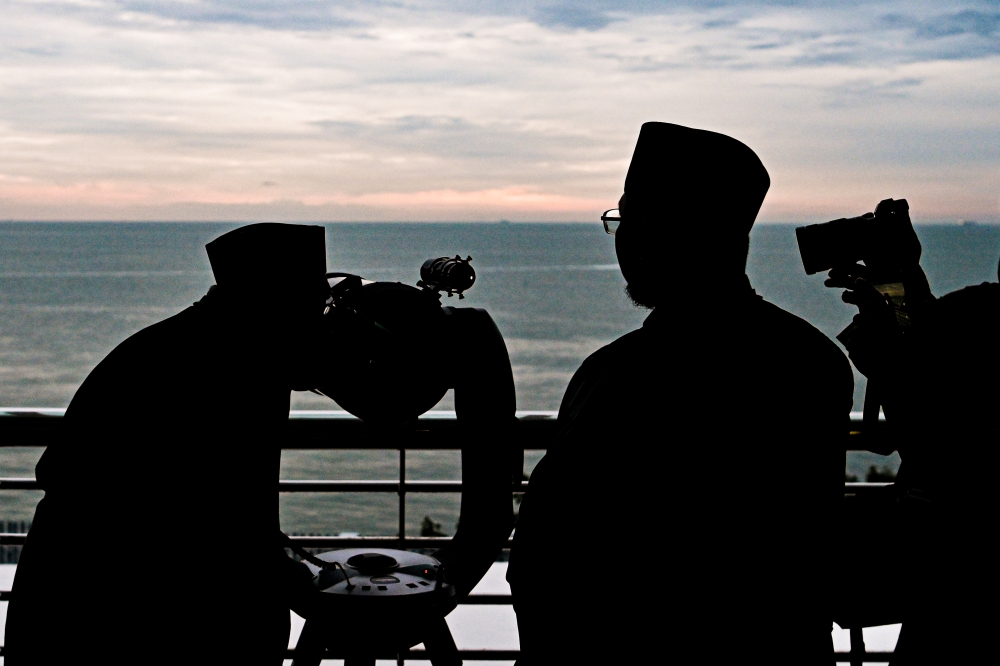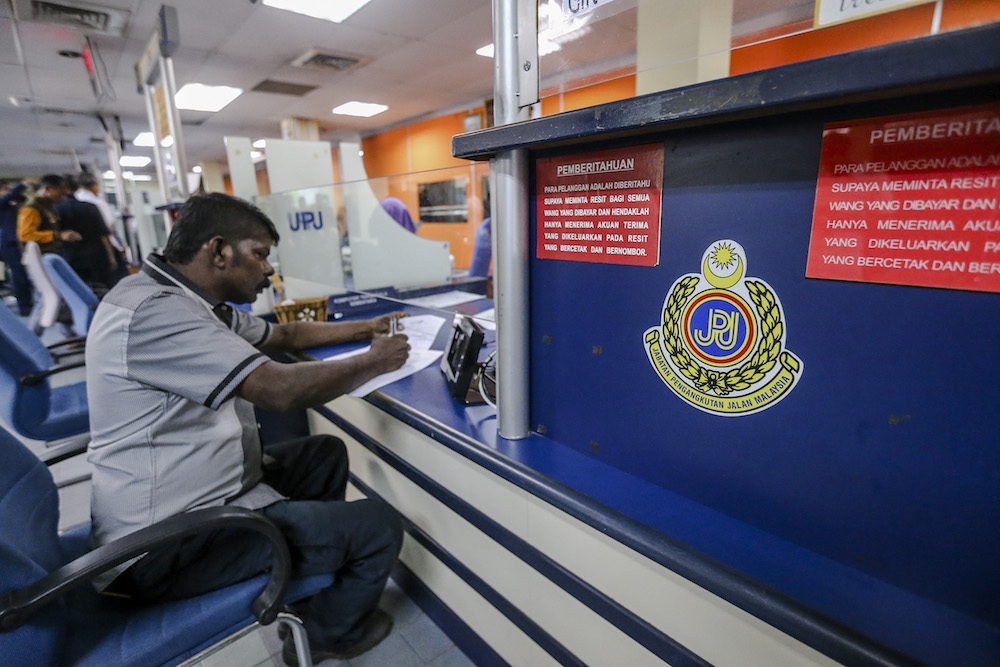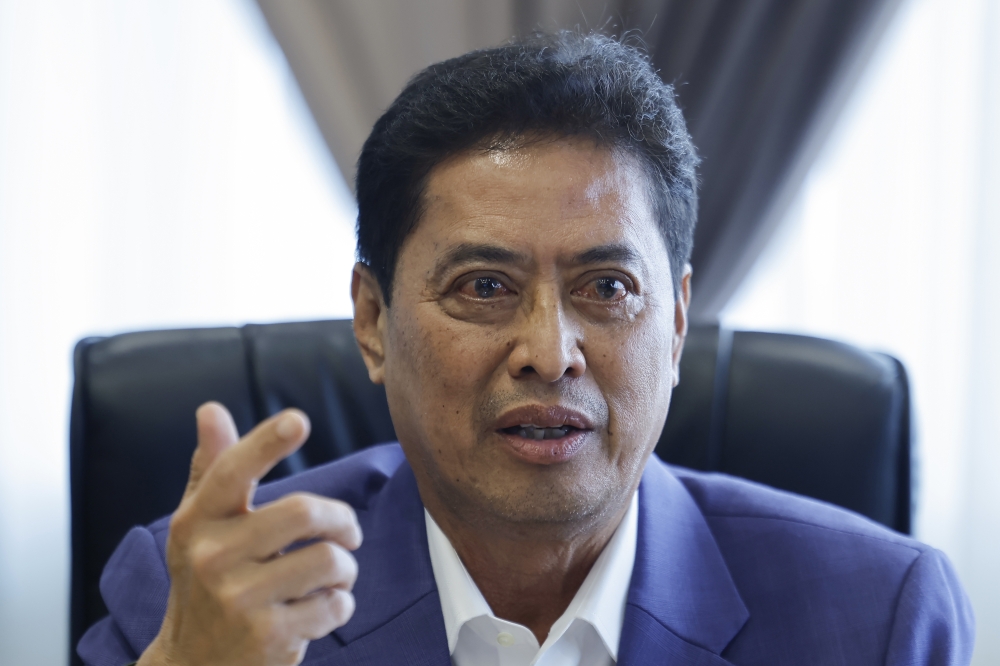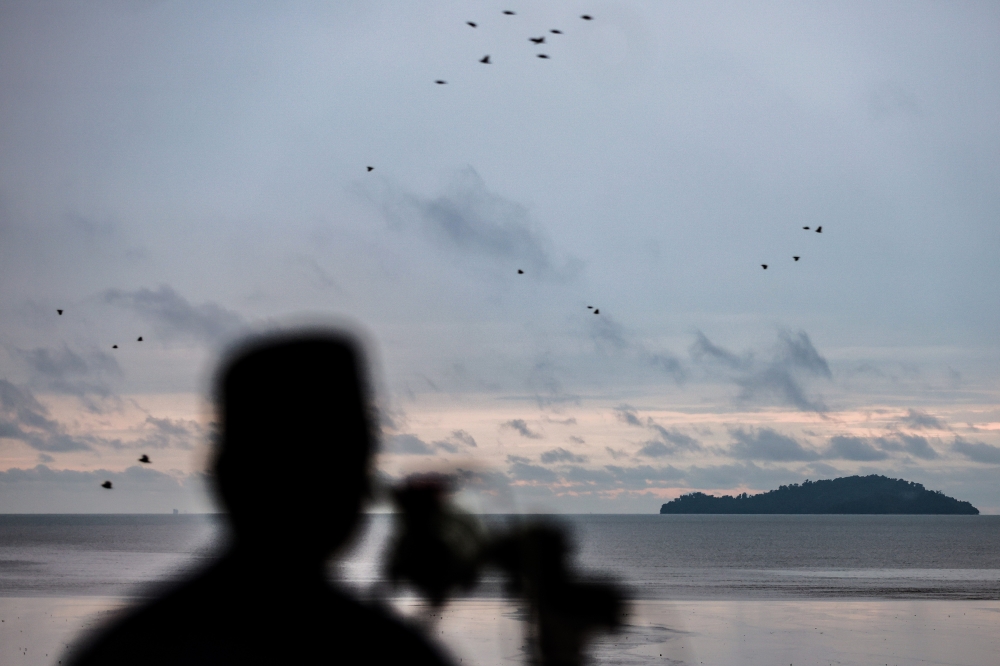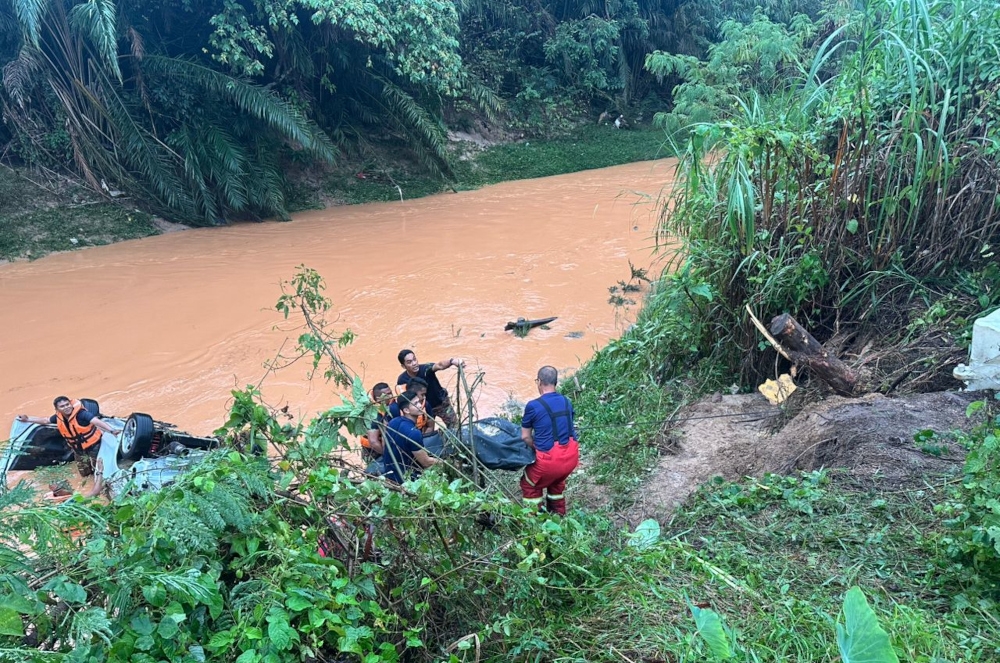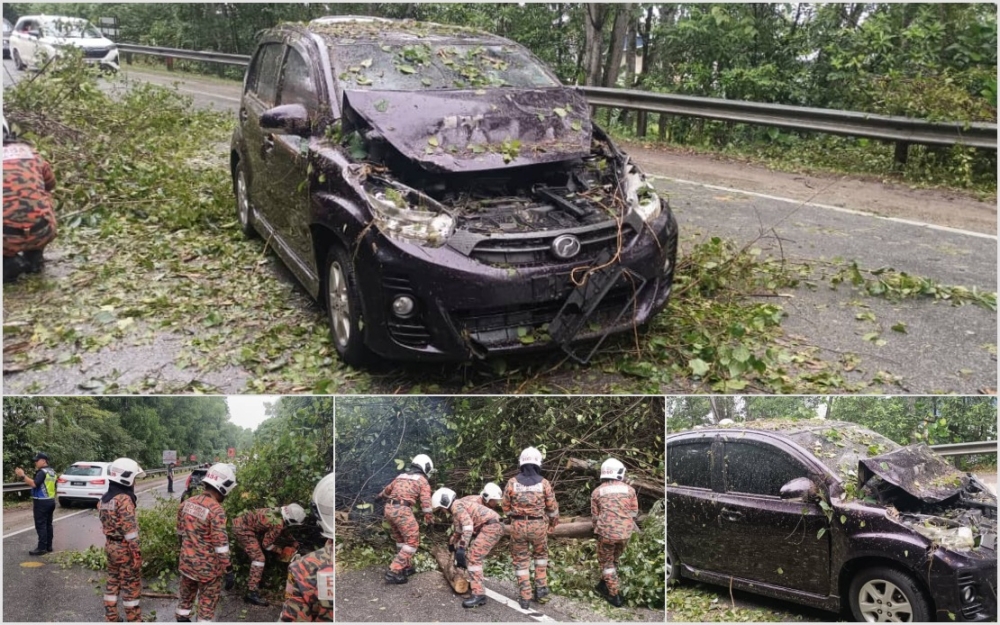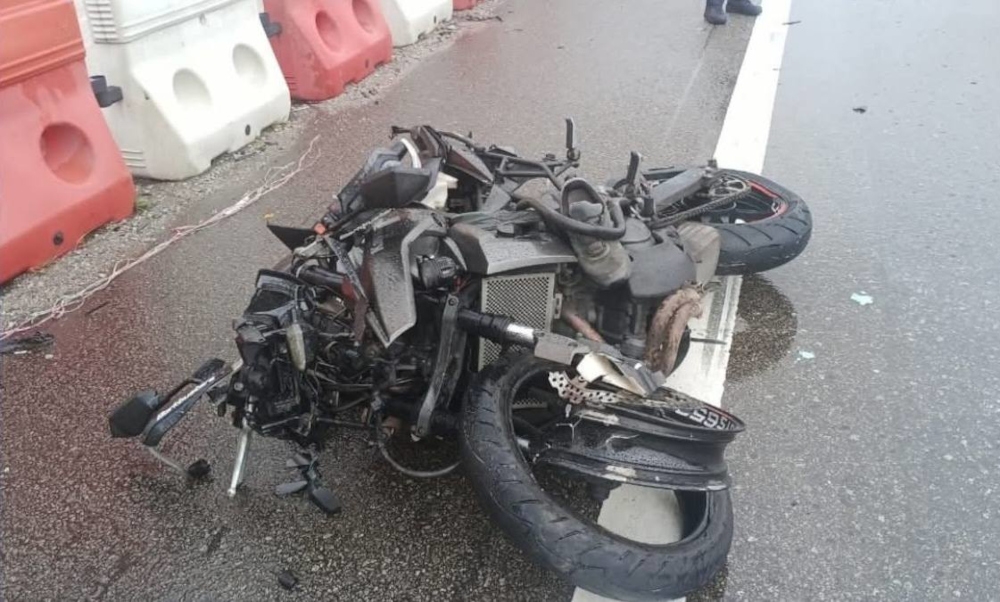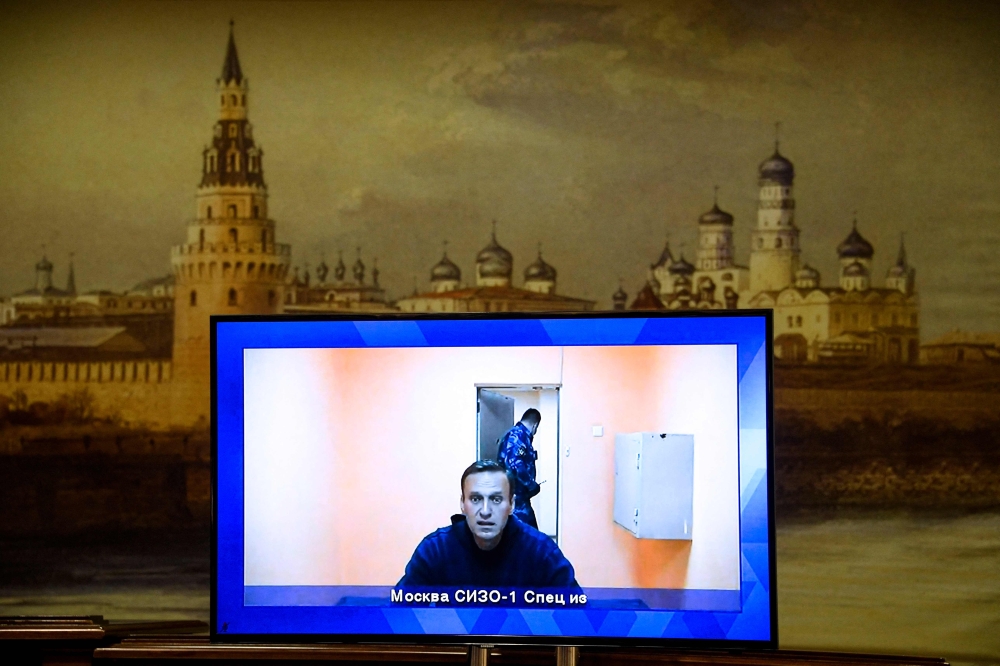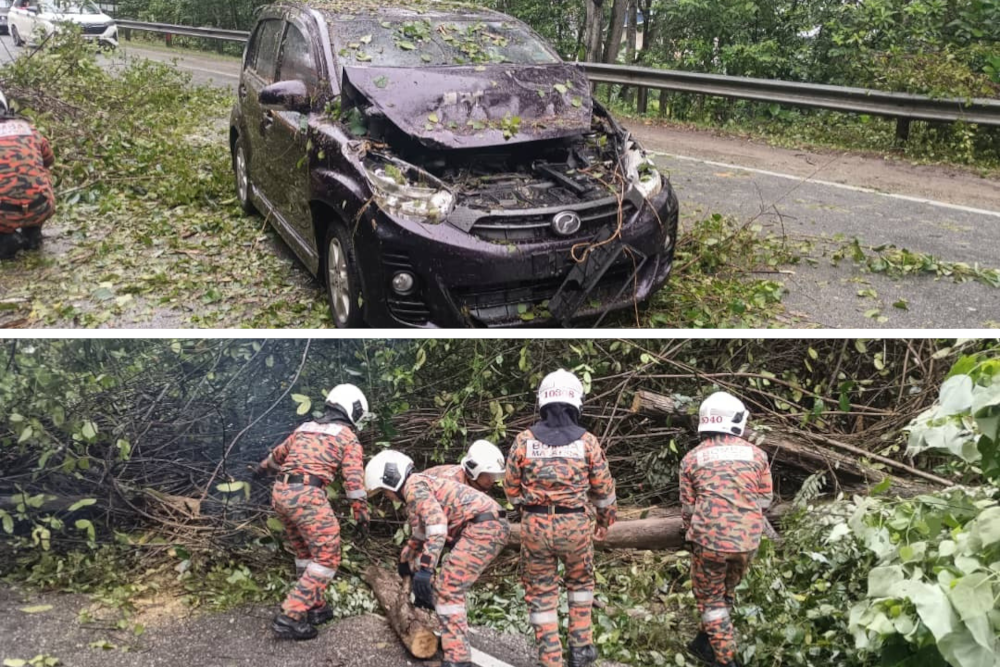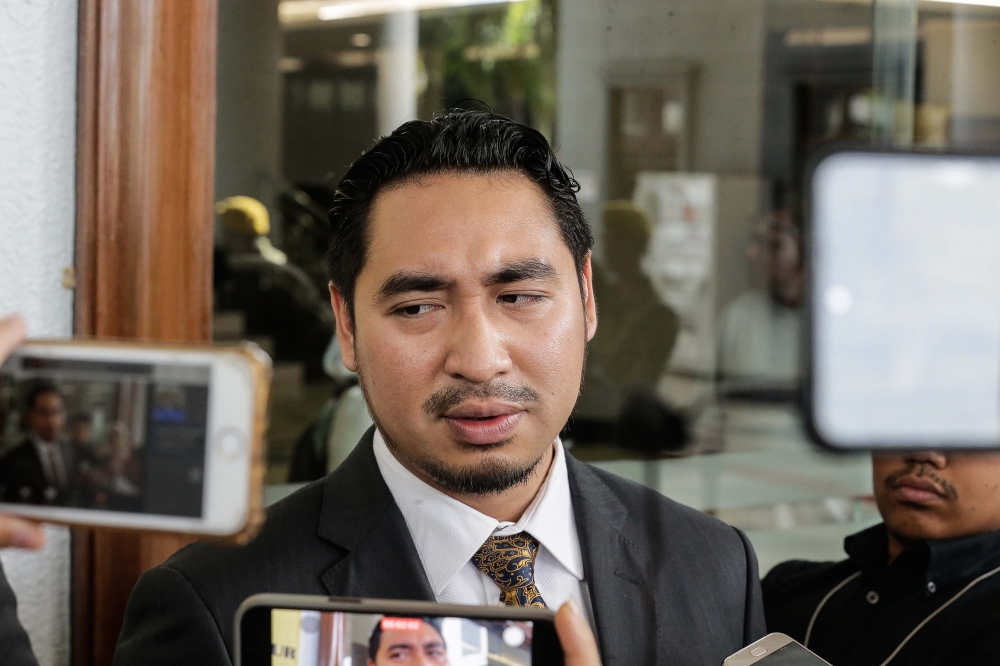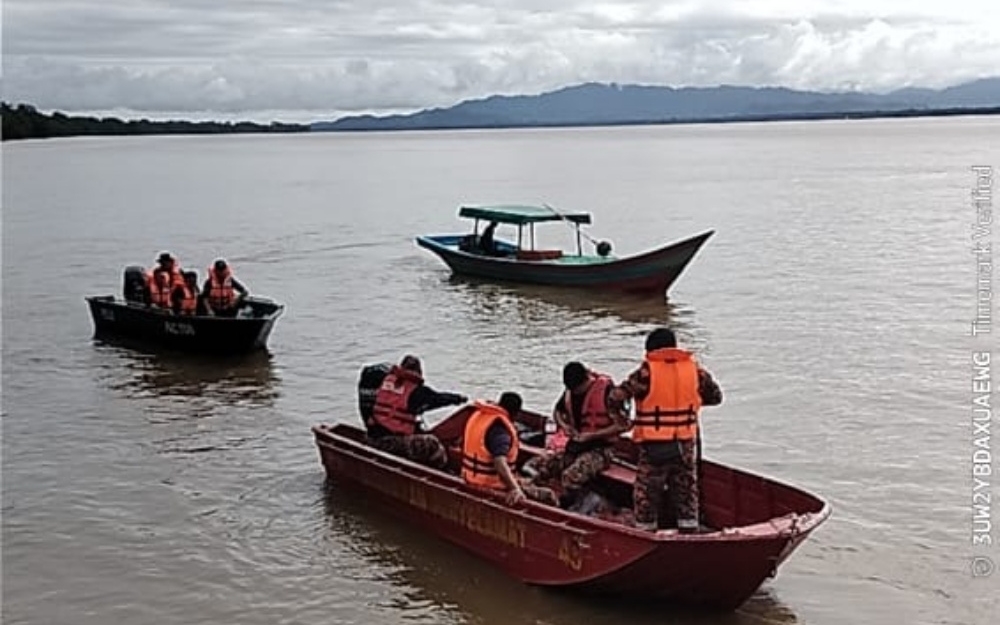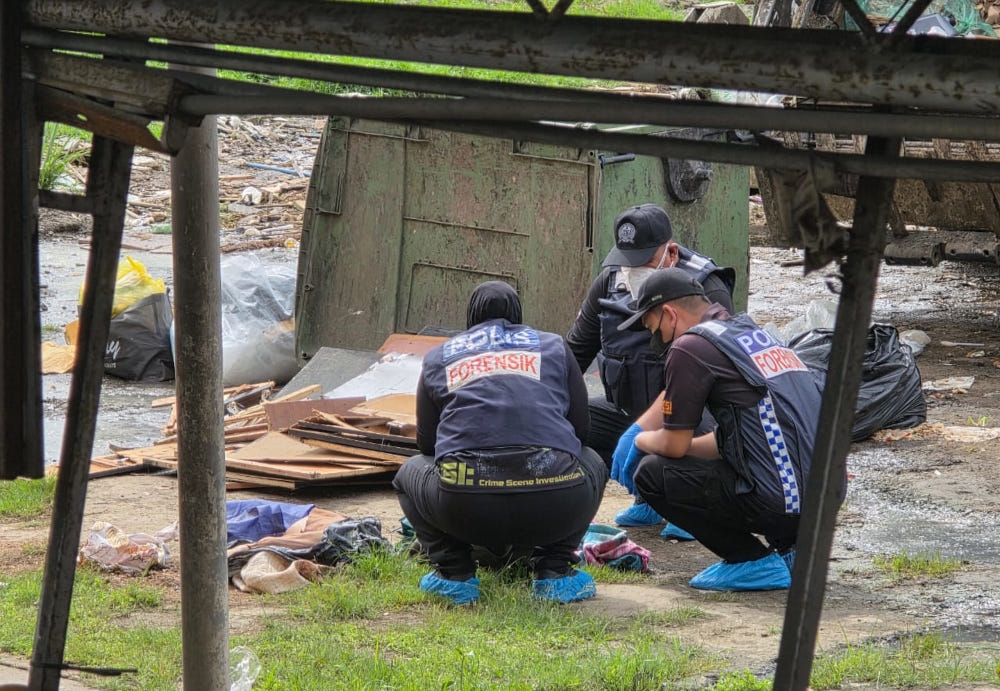PUTRAJAYA, MAY 8 — A Malay Mail photographer and its former Penang correspondent today told the Royal Commission of Inquiry (RCI) on Wang Kelian that the Malaysia-Thai border was porous and that anyone could easily slip into either country.
Journalist S. Arulldas and photographer Mohd Sayuti Zainuddin, the 21st and 22nd witness respectively in the inquiry, had gone to the human trafficking camps and mass graves in 2015 and broke the news about them.
They told the inquiry how crossing over the Thai border through Bukit Kayu Hitam in Perlis basically meant stepping over and dodging loosely placed barbed wire.
They also testified to the lack of Malaysian authorities present during their journey and search for the camps.
Arulldas said he and Sayuti had engaged two Thai men to guide them up Wang Burma hill on May 13, 2015.
He described how they arrived near Ban Talok, Thailand, in a four-wheel drive and then set out to trek the steep hills nearby towards Wang Kelian on foot, saying he even came across worn-out paths in the thick jungle.
“We trekked up the hill and about 15 minutes in, we came across abandoned clothes, used utensils, food packets and rubbish at one site.
“We went through many steep sections where I had to hold on to roots to walk up, and not long after, we came across personnel from the Thai Army near the foot of the hill.
“The local men guiding us then stopped and spoke to the authorities before we were then allowed to pass through,” he said, adding the personnel did not interact with him or Sayuti.
“After several hours, we arrived at the border stone with Thai writing on it near Padang Besar, but around it was only barbed wire which we managed to pass through without much effort,” he said on the seventh day of the inquiry.
Later in the day, Sayuti said the barbed wire along the stretch near the border stone were at best waist-high, describing how he simply stepped over the wire to enter Thailand.
“There was no fencing around the area, and no tarred road, so when we came across the barbed wire, we just stepped over it.
“It was not difficult, as it was not very high, so we managed to pass through,” he said, responding to Conducting Officers Khairul Anuar Abd Halim and Saiful Hazmi Mohd Saad.
Sayuti, consistent with Arulldas’ testimony, said they came across the mass graves and abandoned settlements atop Wang Burma hill after crossing the border stone and barbed wire.
He also described how his journey in search of the camps exposed the porosity of the main Padang Besar immigration checkpoint.
Sayuti explained that he and Arulldass, as part of their investigative work, were also looking to establish the difficulties faced when crossing the border.
He then explained how once, on the Thai side of the border, immigration clearance forms could be easily obtained from individuals with few questions asked.
“It seemed very easy, as there were people with the immigration forms everywhere readily available,” he said.
The RCI is chaired by former Chief Justice Tun Arifin Zakaria and assisted by former inspector-general of police Tan Sri Norian Mai, along with six others.
The inquiry continues tomorrow.

